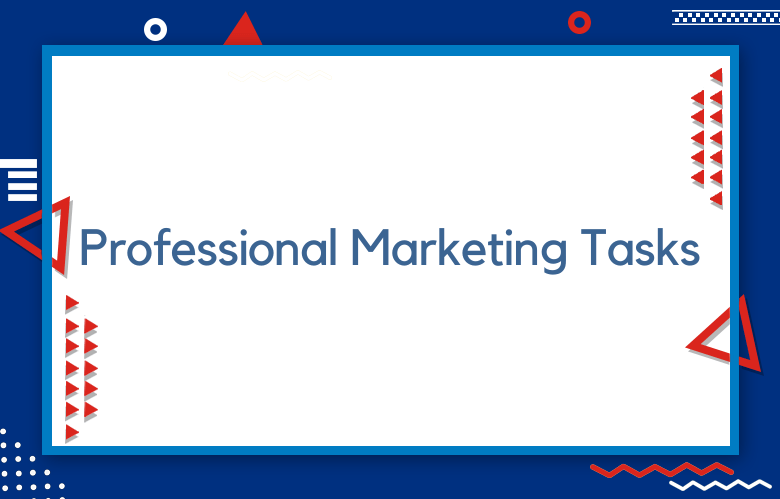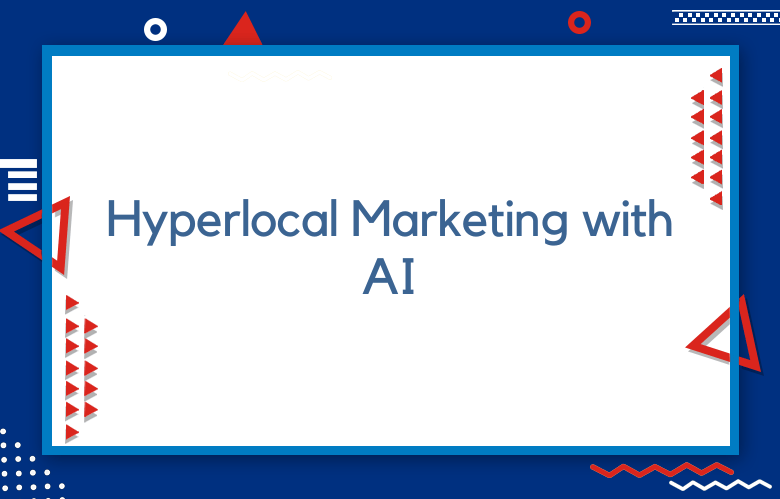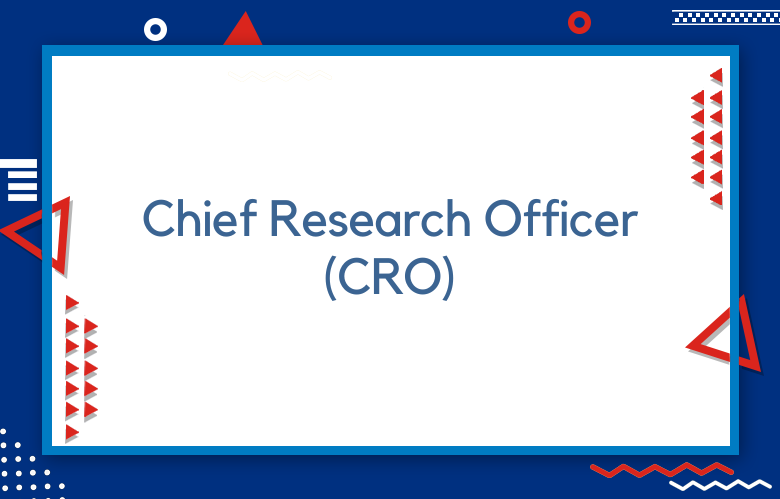How to Create Autonomous AI Agents for Professional Marketing Tasks

Artificial Intelligence is used extensively in various industries to automate tasks that would otherwise require human intelligence. In marketing, AI agents can perform tasks such as lead generation, customer segmentation, and personalized content recommendations. While some businesses already use AI agents for marketing tasks, others may need to be more confident with the technical aspects of creating these agents. It will provide an overview of how to develop autonomous AI agents for professional marketing tasks.
What are Autonomous AI Agents for Professional Marketing Tasks?
As technology advances, we see more and more integration of Artificial Intelligence in various fields. One such application is in the marketing field, where AI is utilized to streamline multiple activities for professionals.
The evolution of AI has led to the creation of “Autonomous AI Agents,” which are becoming increasingly popular in marketing circles. We will discuss what Autonomous AI Agents are and how they can enhance professional marketing tasks.
How to do Autonomous AI Agents Work
Autonomous AI agents operate using predefined parameters or rules that dictate their actions. They’re built on machine learning algorithms that enable them to gather data from customer interactions and use it to improve their marketing strategies over time.
Through continuous data analysis and refined machine learning algorithms, these agents evolve to become more precise and effective in their decision-making.
The Importance of Autonomous AI Agents in Marketing
The use of Autonomous AI Agents has revolutionized the way businesses approach marketing.
They provide a more personalized customer experience, reduce the time and resources required to execute marketing campaigns, and help businesses stay ahead of their competition.
They also enable businesses to analyze data more effectively and provide insights into customer behavior that can help optimize their marketing campaigns.
The Ultimate Guide to Creating Autonomous AI Agents for Professional Marketing Tasks
In the ever-growing marketing world, businesses seek innovative strategies to foster brand awareness, boost customer engagement, and drive conversions.
One such revolutionary solution is leveraging autonomous AI agents to perform professional marketing tasks autonomously.
These AI-powered agents use natural language processing and machine learning algorithms to analyze large volumes of data and execute tasks seamlessly. We will dive deeper into creating these agents and how they can benefit your business.
Understanding Autonomous AI Agents for Professional Marketing Tasks
Artificial Intelligence has come a long way since its inception, and today, it has revolutionized many industries, including marketing.
Given the rapid advancement of digital marketing strategies, businesses have been looking for new ways to engage customers effectively.
As a result, the focus has shifted to autonomous AI agents for professional marketing tasks. We will discuss what independent AI agents are, how they function, and what they can accomplish.
Autonomous AI agents function independently and rely on algorithms and machine learning to perform tasks.
In marketing, these agents promote products and services by utilizing complex algorithms designed to identify patterns in consumer behavior that would be impossible for humans to detect.
With the amount of data available on the internet today, analysts have found it challenging to identify trends, making it difficult to develop effective marketing strategies.
Autonomous AI agents tackle this issue by providing real-time analysis of consumer data, identifying patterns in their behavior that businesses can leverage to market their products.
Use Cases for Autonomous AI Agents in Marketing
There are various use cases for Autonomous AI Agents in marketing, such as lead generation, content marketing, and customer service.
For instance, these agents can track customer behavior on social media platforms and tailor campaigns to the customer’s interests.
They can also generate personalized marketing messages based on customer data, such as email addresses and browsing behavior.
The Future of Autonomous AI Agents in Marketing
As technology continues to evolve, the use of Autonomous AI Agents for marketing is expected to increase.
The ability to automate repetitive tasks will free up marketers to focus on more strategic tasks, which will lead to more effective marketing campaigns.
Using autonomous AI agents in marketing will also increase personalization as these agents enable marketers to generate highly tailored and personalized messages.
Types of Autonomous AI Agents for Professional Marketing Tasks
Define the Problem
The first step in creating any AI agent is to define the problem statement. As a marketer, you need to identify the tasks that can be automated using AI and the outcomes you want to achieve from these tasks.
For instance, you can automate the lead generation process using AI to analyze customer data and identify potential leads. Defining the problem statement will help you design an AI agent to solve the problem effectively.
Collect Data
The next step is to collect data that can be used to train the AI agent. This data could be in the form of customer data, demographic information, or any other data relevant to the marketing task.
The higher the quality and quantity of data, the better equipped your AI agent will be to perform the task effectively.
Train the AI Agent
Once you have collected the data, training the AI agent is next. This involves using algorithms to analyze the data and teach the AI agent to identify patterns and make predictions.
The more data you have, the more accurate your AI agent will perform the marketing task. Ensuring the training data is diverse and representative of the target audience is essential.
Test the AI Agent
Testing is a critical step in the process of creating an AI agent. The purpose of testing is to ensure that the AI agent is performing its task effectively and accurately.
Testing involves running the AI agent through different scenarios to identify errors or weaknesses. Once you have identified any issues, you can refine the algorithms and data set to improve the performance of the AI agent.
Deploy the AI agent.
You can deploy it in your marketing strategy once you are confident that the AI agent is performing its task effectively.
This involves integrating the AI agent into your existing software and systems. The AI agent will perform the marketing task autonomously, helping you save time and resources.
Conclusion
Creating autonomous AI agents for professional marketing tasks can seem daunting, but it doesn’t have to be.
By defining the problem statement, collecting data, training the AI agent, testing it, and deploying it, you can create an effective AI agent that can automate various marketing tasks.
As AI technology continues to evolve, it will become more accessible to businesses of all sizes, enabling them to compete more effectively in the marketplace. By embracing AI, you can streamline your marketing processes and improve the customer experience.
Call: +91 9848321284
Email: [email protected]



